

Pope Francis has sent his special envoy, Cardinal Beniamino Stella, to Cuba to seek the freedom of local protestors who were taken into custody in 2021.
The pontiff is hoping the Cuban authorities will release and grant amnesty to 700 Cubans arrested and sentenced after the historic protests that took place at the time.
The Catholic Church has political influence in Cuba and, on previous occasions, has interceded successfully for the liberation of government opponents.

In 2010, thanks to the mediation of the Catholic Church and Spain’s government, a group of opponents who had been imprisoned since 2003 were released, with some choosing to leave the country.
The Cuban government accused anti-Castro groups based in Florida of promoting riots during the 2021 protests through social networks amid a complex economic situation caused by the paralysis during the pandemic and the increase in United States sanctions during the administration of former President Donald Trump.
Pontiff’s message to Cuban President
During an act at the University of Havana to commemorate the 25th anniversary of Pope John Paul II’s visit to the island, Stella, who travelled to the communist-led Caribbean island delivered a message stating that the Catholic Church was urging Cuban President Miguel Díaz-Canel and US President Joe Biden to hold talks amid current tense relations between the countries.

Stella, who arrived in Cuba in mid-January and is set to depart today (February 10), recalled the figures of Father Félix Varela and José Martí, considered national heroes in Cuba, and emphasised the need for understanding among Cubans.
The National Catholic Reporter has reported that, when asked by journalists about the possibility of the Catholic Church interceding to have Cuban authorities grant amnesty to people imprisoned during the 2021 protests, the cardinal said he had talked with the pontiff about the issue before his trip to Cuba.
Said Stella: “I think the issue is on the table… .The Pope very much wants there to be a positive response, whether it is called amnesty, clemency, the words can be secondary, but it is important that the young people who at one point expressed their thoughts… they can go back to their homes.”
Arrests following the protests
According to non-governmental groups, about 1,300 people were arrested during and following the protests. Some of the demonstrations turned violent, including looting and rioting, and one person was killed.
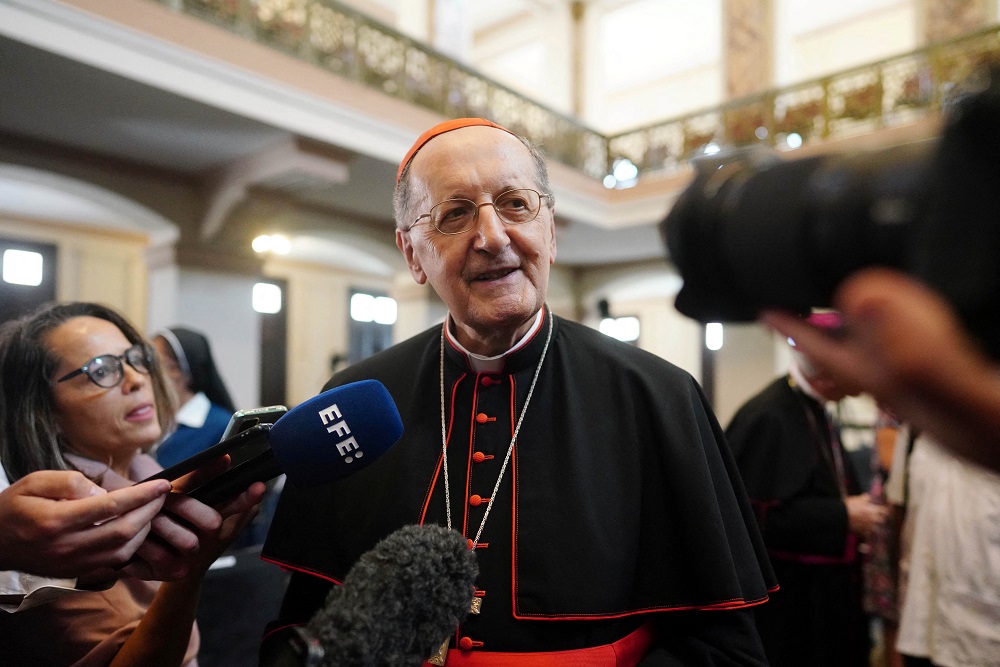
Authorities reported about 700 sentences handed down related to the protests, with sentences ranging from a fine and community work to up to 30 years in prison for sedition. The protests took place amid a severe economic crisis, shortages and blackouts.
Human rights groups and some governments, including Washington, harshly criticised the island for what they considered the repression of free demonstrations by Cubans. Meanwhile, Havana maintains that it did not repress opponents, but only punished illegal activities like rioting, vandalism, and sedition.

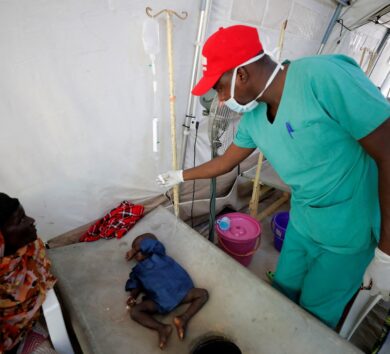
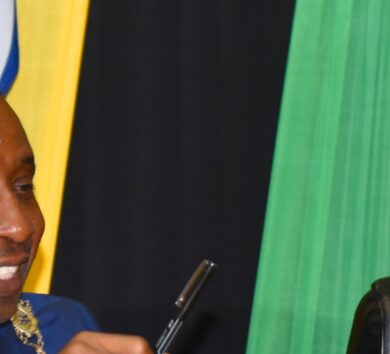
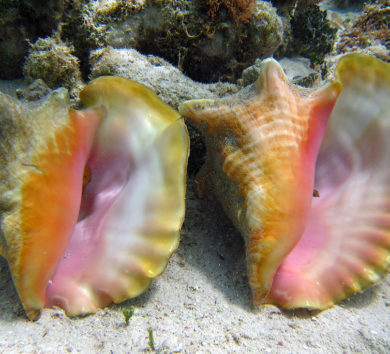

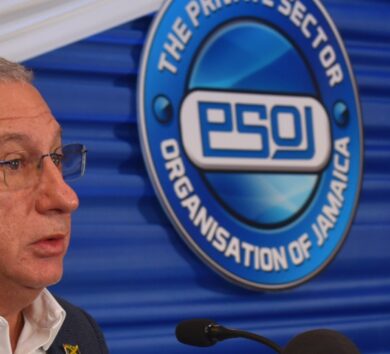
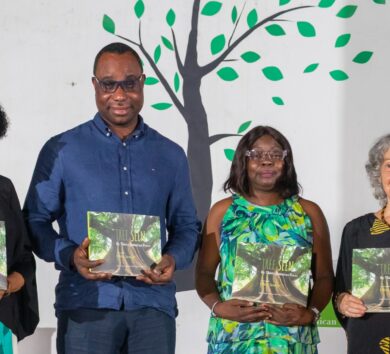
Comments